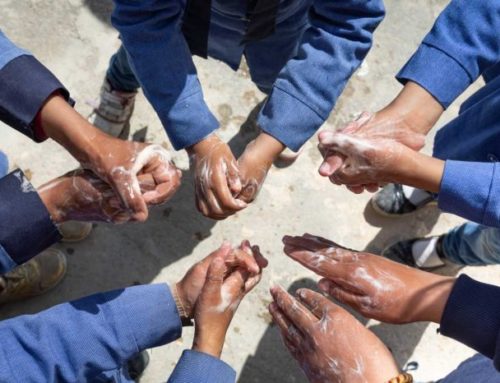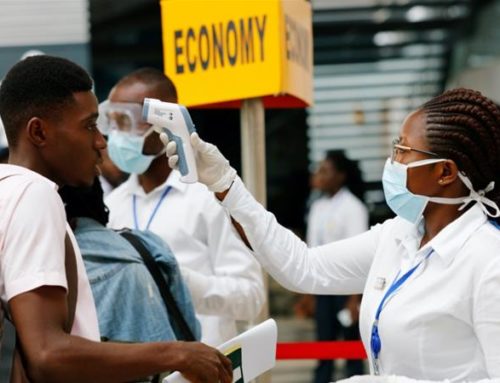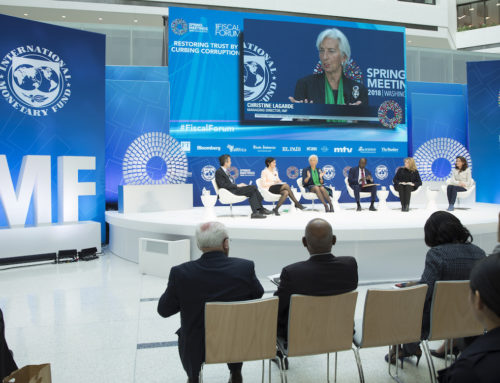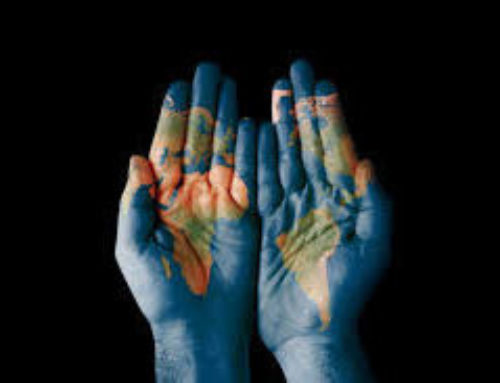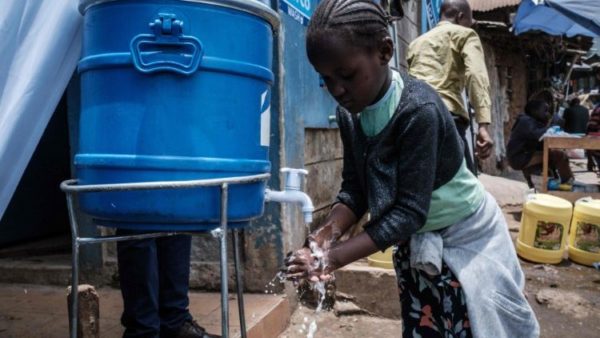
PC: (AFP or licensors)
In my home area, a handshake, a hug, or a tap on someone’s shoulder used to be viewed as most tangible expressions of welcome, affection, and friendship; and the absence of the above were considered counter-cultural, and obviously lack of good manners. As you can anticipate, this was before the COVID-19 pandemic broke into our community, just three months ago.
The second decade of the 21st century will go down the memory line as one of those times when keeping physical distance, avoiding a hug from a mother to her children or a handshake offered by a friend were overly welcomed as true expressions of love and care for the safety of the other. The practice of these new trends is however down to individual responsibility as everyone is reminded time and again that physical contact is the vector number one of the virus.
In a nutshell, personal responsibility is such an ingredient in our relationship that is central in ensuring our triumph in the fight against the pandemic of COVID-19. It is upon our personal responsibility to ensure that even if we avoid physical contact we remain in touch with everyone in our surrounding. Personal responsibility helps us discern the best way to live out our universal creed which states that “we belong to each other; that I am my brother’s and sister’s keeper.”
While physical distancing enables us to halt the viral transmission from one person to the other, in itself, it cannot guarantee the wellness that everyone still cherishes in times like these. This is why social proximity remains an antidote that serves to keep in healthy tension the outward expression of our personal responsibility to protect oneself and to promote the common good for every member of the community.
Hunger, depression, and homelessness are as deadly as the COVID-19 we are trying to escape. It is impoverishing to stay in our comfort zones by practicing physical distancing while lacking a moment in our life to think and extend a helping hand to those struggling to overcome the side effects of confinement. The principle of common good teaches us that fundamental rights of each individual must be protected and promoted. But also, each individual is a part of the whole; therefore the individual rights bring with them corresponding responsibilities.
These are therefore the times when our individual responsibility can only help devise a comprehensive response. We enrich each other when we put to good use the different gifts that we are endowed with to the betterment of our communities and society at large. It is true that medical personnel all over of the world are currently overwhelmed by the challenge that the current health crisis has brought to the limelight. But it would be too simplicistic to zero in the current crisis to only medical remediation.
The measures adopted by some of our governments have exposed our social and economic inequalities, which does not make safer our human family as a whole. As we share in the pain of the crisis that has befallen us, let’s every individual be reminded of their expected participation in the mitigation of the equally deadly side effects of the confinement orders we have adopted.
Fr. Patrice Ndayisenga, SJ
Director, Jesuit Urumuri Centre







